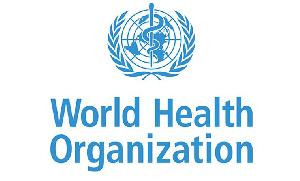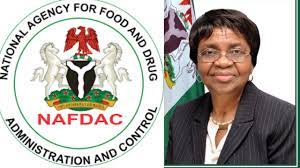Cancer: WHO Projects One Million Deaths Per Year By 2030

The World Health Organization (WHO) has again called attention to the disheartening situation of Cancer in Africa, and is soliciting for a concerted effort through awareness campaigns on fundamental cancer issues.
The WHO Regional Director for Africa, Dr Matshidiso Moeti, stated this in a Message in commemoration of the World Cancer Day 2024.
Speaking on the 4th of February yearly event, Moeti believes the Public should play a frontal role in spearheading this annual awareness day and beyond.
“Between 2022 and 2024, the focus of World Cancer Day is to help “Close the cancer gap.” This year marks the third and final year of the campaign.
“The theme for this year is “Together, we challenge those in power”. This theme encompasses the global demand for leaders to prioritize and invest in cancer prevention and care and to do more to achieve a just and cancer-free world.”
The WHO further regrets the ugly statistics of cancer cases in Africa, warning that if proactive measures aren’t instituted, the death toll could rise from over 500,000 in 2022 to One Million per year by 2030.
“The cancer situation in Africa is disheartening. In the year 2022, approximately 882 882 new cancer cases occurred in the WHO African Region with around 573 653 deaths.
“About 50% of new cancer cases in adults in the region are due to breast, cervical, prostate, colorectal, and liver cancers.
“If urgent measures are not taken, cancer mortality in the region is projected to reach about one million deaths per year by 2030. Also, in 20 years, cancer death rates in Africa will overtake the global average of 30%.
“This is more so because cancer survival rates in the WHO African region currently average 12%, much lower than the average of over 80% in High-Income Countries.”
While commending the Region for the progress made in cancer prevention and care. Moeti advised that Leaders, Stakeholders and the Citizens must pool resources together to address the global menace.
“For instance, 17 countries have introduced high-performance-based screening tests in line with the WHO recommendations. Also, 28 of our Member States have introduced nationwide HPV vaccination to reach about 60% of the priority population targeted with HPV vaccination.
“This year’s theme is auspicious as it reinforces all persons and groups’ universal right to health. We believe that regardless of socioeconomic status, geographic location, age, and gender, every person must be afforded an equal chance at the prevention, diagnosis, and treatment of cancer.
“We call on the region’s countries, communities, partners, and civil society to unite and foster universal access to cancer prevention and care.
“Stakeholders must identify feasible priorities, implement evidence-based population-wide interventions and invest in cancer control.
“Countries should use the updated WHO Best Buys , the facilitative tool designed to enable governments to select lifesaving policies and interventions for noncommunicable diseases,” Moeti advised.





